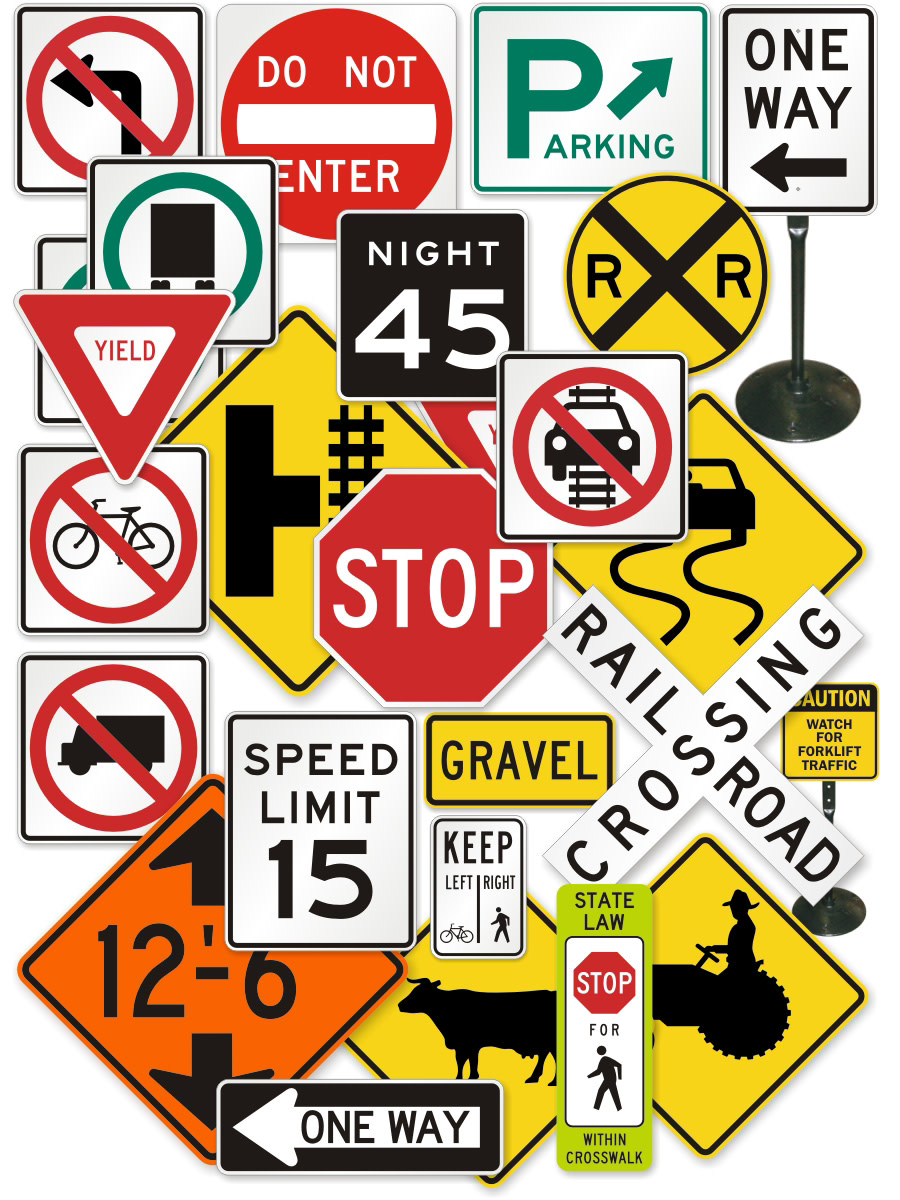Christian Friendship at Its Finest
As I gather with my brothers and sisters every Friday to an event called the Vine, I wait in solemn expectation of some new preaching, new teaching, some new passive observance of someone else’s exuberant faith. We stand up, sit down, sing, be still, listen, and leave. All the while, I feel like I am just going through the motions. We do them because it makes us seem zealous for God when we truly are lifeless. Yet this is how the majority of Christians are. We weekly consume Scripture and the secrets to eternity but in our complacency we hoard the salvation of the world in the confines of subconscious thought. It is there that spiritual freedom lay dormant, desperately waiting to come forth. How sad is our condition. This is the state of modern day Christianity. This is my state. However, there is change in the momentum of our church. Last week, there was no music other than the subtle hum of an acoustic guitar. There was no powerful preacher, convicting the hearts of the congregation with salvation and repentant Scripture. It was just us, the body of believers, called to pray and commune with our Father. Joseph, one of the leaders, spoke about how there is a desperate need to change the attitude of the body so that church will rekindle its fever. He desired that we put more emphasis on prayer and its power for change. However, I, like many of the congregation, am really uncomfortable with praying in pairs let alone triplets, because there is an amount of vulnerability necessary in sincere and honest prayer. To make matters worse, guys aren’t allowed to express their “feelings.” I’m pretty sure it’s illegal actually. We’ve been taught to “suck it up” and be a man. Yet by his example, Christ calls us to do otherwise. Even the Messiah lifted up his anguish to the Father before he was crucified. Therefore, what excuse do mortal men have to hide their burdens from God and from man? But, couldn’t I just speak to God on my own terms instead of embarrass myself in front of my peers? What difference does it make? With these unanswered questions looming in my mind, I reluctantly got into a group of 2 and went around pawing for prayer requests. My notion was that the faster we got around the circle the quicker we would finish. So we began going around just praying for each other’s needs. As I bowed my head and closed my eyes, I felt a hand come upon my shoulder. It was surprising, like a spiritual “sneak attack.” I immediately looked up and it was Thomas laying his arm upon mine. I wondered if this is why I thought community prayers were so awkward. Thinking his initiation was just compulsory gesture, I quickly closed my eyes again, bowing my head. Yet, something was different. As we got around the circle, Thomas began to pray for me directly. He asked for God to strengthen me, keep me faithful, and courageous. As he continued, I began to tremble at the power of his words and sincerity of his call. And the hand that I disregarded earlier, now felt like fire coursing through my veins, piercing my very soul. I was deeply moved by the love of my brother, my friend for he laid my chains before God, when I could not. He felt my burdens and took some of the weight upon himself….
That night I was really moved at not only the power of prayer but also the necessity of brotherhood in Christ. We need brothers who by their faith, inspire us to be more faithful, more loving, more true. Yet even if this need is recognized and the search begun, what qualities should we look for in our relationships? If we look into the Bible, Jesus calls us to be disciples, working hand in to do good work and follow his teaching. Yet there are other Biblical texts that focus on accountability and the need to practice reproof and correction among the brothers. Though these two trains of thought may sound similar, it is important to distinguish a difference between the two. Discipleship is bent more on teaching and action where as accountability is focused on correction and guidance. Is one better than the other? Or are the two forms of friendship necessary and important to a Godly friendship?
In the book of Mark, Jesus paints a serious illustration of what it means to be his disciple, his follower. Christ stated that “if anyone would come after me, he must deny himself and take up his cross.” In this verse, Jesus is laying down the foundation of what he requires from his disciples. It is important to note that in his statement, he is not hinting at any exception, such as take up your cross “if” you are a leader or take up your cross “if” you are wealthy. There is no exception and his standard is absolute. Yet as he is etching the platform of discipleship, Jesus is also warning the people that there will be consequences in being his disciple. The price is not cheap to come and follow Christ. Yet the price to pay for the sins of the world took an even greater cost. Therefore, Jesus mandates that in order to follow him we too must deny ourselves and fully commit our lives to the purpose of God’s calling. Only then will we be able to experience the full potential of the Holy Spirit working in and through us. Unfortunately, many people find the price of discipleship too great a sacrifice. They want to enjoy life and be comfortable. But there is no middle ground with God, for man cannot have one foot in heaven and another on earth. To attempt to walk that fence and stay in concordance with the Father is vain. Yet of the people who have counted the cost and deemed it worthwhile, what qualities drive them to make this decision? The author of "What is Christian discipleship?" states that true disciples, actively grow in the Lord Jesus Christ and “are equipped by the Holy Spirit to overcome the pressures and trials of this present life in order to become more and more Christlike.” In looking for a Godly friendship that is lasting and significant, brothers should look for men who desperately seek God and wear his name on their foreheads. Not to be seen as the elite and self-righteous, characterized by the Pharisees, but rather as a confession of faith and as a declaration their identity. The confidence they have in God then allows them to work hand and hand with their brothers to “overcome the pressures and trials of this present life.” Some may argue that God helps people overcome adversity. This is true. However, for the most part God helps people who help themselves. In turn, the author emphasizes the fact that to overcome difficulty and remain strong, believers must “be in the Word daily—studying it, praying over it, and obeying it.” With this structure, he states that Christians will be transformed. Out of this rebirth disciples will be compelled to evangelize and share the good news. They will be faithful “fishers of men.” Therefore the qualities that are necessary for discipleship are summed up in the obedience of the word and the sharing the Gospel.
Yet others will argue that accountability is just as importance. Christians need to hold their brothers in line with God’s will in order to keep their brothers faithful. One can look at it as a measure of “Checks and Balances” where each branch, each brother, looks out for the spiritual health of the others. If one was to stray from his calling the others will be there to steer him back into the fold. However, correction is not so easy when emotion and pride are involved. The combination of the two forms a tempest of misunderstanding. Although such reactions are not intended, Dodson the author of “Accountability,” argues that the response to correction has some grounding. People don’t like to be exposed of their shame and turn to aggression when they feel judged. This is the plague that haunts all believers who see their brothers drowning in sin. Dodson states that Christians are “afraid to say some tough things out of fear that we will hurt someone’s feelings, or that the hearer might become defensive or even hostile toward us.” I want to help my brother, but I don’t want to seem confrontational and self-righteous. As we dwell in this preconscious assumption, Dodson interestingly explains the fault of our thinking. He claims that “our hesitation is a direct result of our fear of what others think; rather, what we think they will think.” It is unfortunate that believers are too distracted by the judgment of others that they withhold the need for spiritual cleansing. Therefore, Christ calls for spiritually grounded Christians to be courageous and stern in identifying fault. We need men who are direct and not influenced by ways of this world. Yet even in correction, Christians must also speak in love for their goal is not to condemn but to save what has been lost. The Scripture states that it is our obligation keep each other accountable. For it is not a question of if our brothers will “turn their ears from the truth” it is question of when. Therefore, the brothers must be ready to keep each other accountable in both love and truth.
I believe that when looking for solid Christian friendship, the qualities that must be sought after are both found in discipleship AND accountability. The reason that these two characteristics of friendship are even mentioned in the Bible is so that believers will practice the full extent of friendship through both forms. They are like one flesh. Though they can be distinguished from each other, they are two parts to one whole. Any effort to separate the two and say one side is sufficient has limited the full potential that God has for that relationship. This idea can be symbolized as the body eluded to in the book of 1 Corinthians. “The eye cannot say to the hand, I don't need you! And the head cannot say to the feet, I don't need you! Each part should have equal concern for each other.” Only together can the body function properly. In the same way accountability and discipleship are necessary qualities when searching for genuine friendships.
It is really amazing to see how these two qualities are simultaneously found in stories of the Bible. Chorn, author of “1 Samuel 20: Jonathan and David-Friendship,” states that there are vivid illustrations of friendship throughout the Old Testament. In the book of Samuel, Jonathan and David are caught up in a friendship that was continually tested by the threat of King Saul, Jonathan’s father. Out of jealousy and hatred King Saul conspired to kill David in order to retain his blood line and authority as king. Yet though Jonathan was next in line to the throne, his love for David could not allow it. “The soul of Jonathan was knit to the soul of David” and they shared a common spirit. Chorn, explained that their relationship was a “companionship of one’s inner thoughts and feelings.” To condemn his brother would be the death of himself. Therefore as a faithful disciple of God, Jonathan protected David, the Lord’s anointed, from harm. He put his faith into action and to his own cost, confronted his father. Jonathan knew that this defiance endangered his own life, yet he was accountable to his brother. The two were bond by a covenant. Therefore, Jonathan was obligated to be there in David’s time of need. Here we see a complete Godly friendship that exuded qualities of discipleship and accountability. With this foundation laid and their grounding in God, both Jonathan and David were propelled into friendship beyond acquaintance. They experienced a unity of souls.








